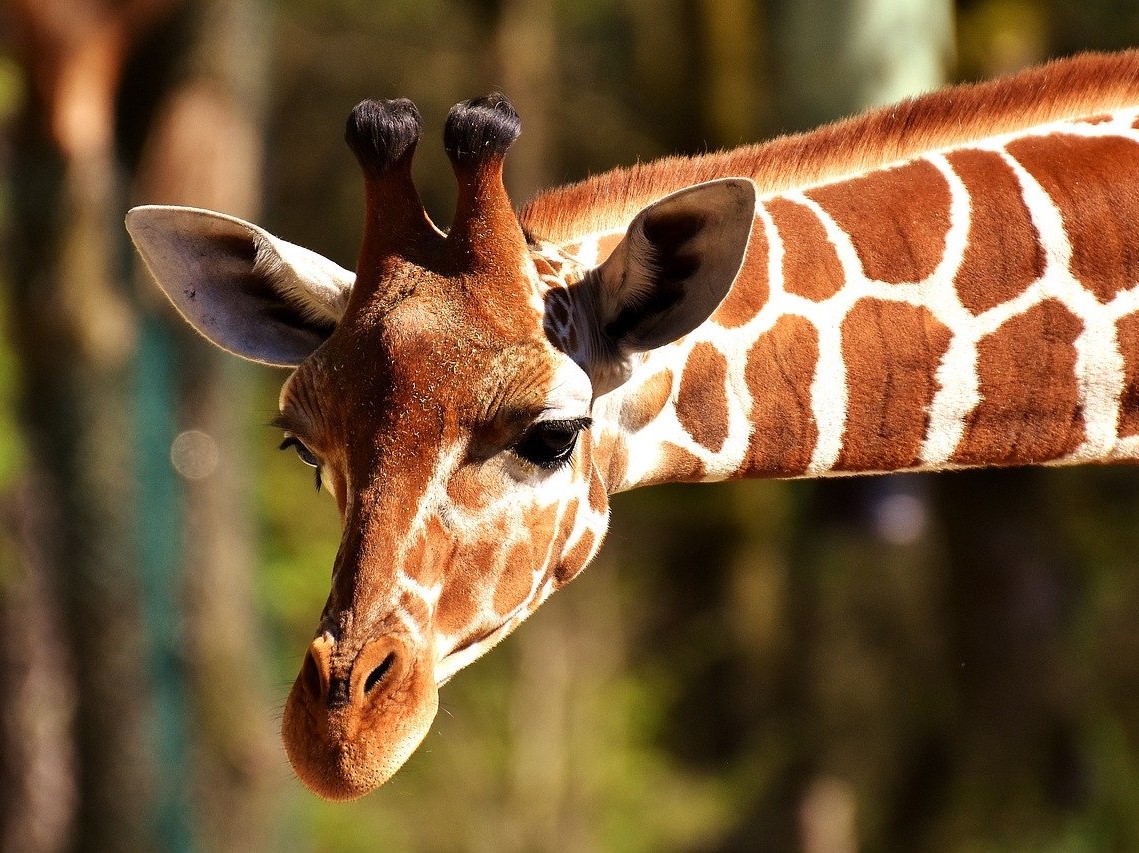
Are Zoos Good for Conservation?
Are Zoos Good for Conservation?
That’s the million-dollar question isn’t it? Quite literally. Millions of dollars rest on public opinion as to whether zoos are good for conservation.
There’s an argument in the UK and many other countries that we have normalised zoos to the point that we no longer question whether they are actually providing an overall benefit to conservation.
The justification touted by most zoo-advocates is that zoos promote and support conservation of wild animals, but how many zoos fulfil this promise? Is the cost to the animals kept in captivity, worth the benefits to global conservation efforts? Where is the line between conservation advocate and money grabbing business?

The Good: Why Zoos Are Good for Conservation
First, let’s start with a disclaimer: I absolutely love visiting zoos. I always have. As a child, the zoo was my absolute ultimate day out, trumped only by an aquarium (my ocean obsession is long-lived and probably incurable at this point).
Zoos changed my life. I don’t mean to sound dramatic but I think that’s the truth of it. I am in no doubt that the direction my life has taken has been influenced heavily by access to zoos and aquaria. They intrigued and amazed me and sparked an absolute adoration for wildlife that impacted on many of my life choices.
Up Close and Personal
“No one will protect what they don’t care about; and no one will care about what they have never experienced.”
David Attenborough
Have truer words ever been spoken?
I feel like a huge part of the reason why people don’t engage with wildlife, in the UK in particular, is because they don’t always understand what they are looking at or what it has to offer.
What better way to show people what’s out there in nature than by allowing them to walk among the animals? As I said, this was a huge inspiration for me. Seeing animals on TV was one thing, but to see them in flesh was a whole new form of magic.
I’ve now been lucky enough to see wildlife in many forms across the world, and nothing will ever compare to the rush of adrenaline as you spot a wild animal in its native habitat. The reality, however, is that this isn’t an option for everyone as travel is prohibitively expensive for so many. Why should nature be the reserve of the rich? Would we really want it to be that way anyway?
One of the biggest arguments for zoos is the inspiration they provide to the public to learn about and understand the world’s wildlife.
Money Don’t Come Easy
Money makes the world go round…unfortunately. It is also, allegedly, the route of all evil but that’s another story.
Conservation charities and research projects are only able to continue to go ahead when the money is rolling in. In a world where the direct needs of humans are always the top of the agenda (this could be a whole other debate), finding that money isn’t always easy!
Zoos provide a level of income that is hard to match elsewhere in conservation. Some of this is provided to those charities and researchers that need it most to do amazing work for the world’s wild animals. The zoos themselves provide a space for research than can benefit wild animal populations.
Better Than the Wild?
I’ve heard Jane Goodall herself say that she would rather be a chimpanzee in a zoo than in some areas of wild forest right now.
She was speaking to both the improving conditions in zoos and to the fact that logging and poaching make the wild a pretty unstable, hostile place for a chimpanzee to be.
For some animals, the environment they would otherwise call home, provides a much more daunting and uncertain future than the one they have in a zoo.
Noah’s 21st Century Ark
Earth is potentially on the brink of a new mass extinction event, largely due to human interference in nature.
Habitat destruction, poaching and climate change are all top of the list of ways in which humans are destabilising ecosystems everywhere. Soon the wild populations of these animals may collapse and zoos might become living museums of the animals that once walked our planet.
On the other hand, they might become the new breeding programs for repopulating the wild. Zoos could become our very own Noah’s Ark for the 21st century.
The Bad: Why Zoos Are Not Good for Conservation
All this sounds like zoos could be saviours of conservation- a benevolent force for good.
I have no doubt that the majority of people working in zoos absolutely have that message at heart. It is really difficult to get jobs in zoos these days! Those people are not there by accident- they worked hard to be there because they love animals and want to care for them.
But sometimes we have to look at the inconvenient truth- these are wild animals, evolved to run free. Keeping them locked up can cause stress and anxiety in some animals.
We must understand the cost, as well as the benefits, if we are really to judge the ethics of zoos.
Does Behaviour Really Change?
I began the pros section by explaining that my life changed because of the inspiration that came from zoos. Perhaps you are the same? You probably didn’t land on this page by accident, after all.
The question is, how many people does this really apply to? How many people pass through zoos each day but never make a single change to their lives as a result? I’d imagine the answer is most of them.
At what point does the argument that zoos are important for education fall apart?
Money: It’s All Relative
On the face of it, zoos are providing large sums of money to conservation efforts…but not in the context of how much they are taking on a day to day basis.
A simple search with the name of one particular zoo lead me to calculate than on average, this zoo is giving around just 0.2% of it’s annual income to conservation. This information is readily available through Companies House if you are interested.
Their total outgoings were, admittedly, also enormous. This zoo was not making large profits at all. Running a zoo is an expensive game. The question is, however, do the ends justify the means?
Hybridisation and Inbreeding
What a lot of people don’t realise this that the animals you see in zoos aren’t always exactly as they are are in the wild. Zoo populations tend to come from other zoo populations. That can lead to a lot of inbreeding.
Family trees can get confused sometimes and now many of the animals in different zoos across the world are closely related.
In an effort to reduce birth defects and keep the gene pool wide open, sometimes breeding programs involve breeding two similar animals together, much like we do with different breeds of dogs. Whilst this in itself isn’t necessarily a problem, the outcome can be unexpected!
Some zoo animals are at greater risk of illness and disease as a result.
What the Wild Looks Like
If the aim of a zoo purports to be protecting endangered species, it stands to reason that the majority of animals found in zoos should be endangered in the wild. It would also make sense that once wild populations have recovered, breeding programs for those species cease to exist and the animals are gradually phased out of captivity.
Mountain gorillas are a fantastic example of this. They were once at imminent risk of extinction due to civil unrest in their natural habitat.
Thanks to the efforts of conservationists, their populations are now making good progress towards the recovery. Whilst COVID has resulted in some setbacks for the program, in general, the future is looking much more positive.
Zoos which had previously housed gorillas to protect against extinction could now end breeding of these animals and allow them to naturally die and leave the zoo, so all gorillas can be wild and free.
This just isn’t the case.
Many of the species kept in zoos today are there for entertainment and to fill an enclosure to sell tickets. Their presence does little to benefit their species.
The Question: Looking Inwards
As with so many things in conservation, untangling what is right from what we would like to believe can be difficult. The reality is that there is no right or wrong answer.
When I am really honest with myself, my gut tells me that really, zoos are for people, not wildlife, but that isn’t to say they offer no benefit.
I know I will continue to visit zoos. The closure of zoos during the COVID pandemic has shown us that boycotting zoos won’t help anyone anyway, as thousands of animals in captivity still demand care and attention. To simply allow all zoos to go out of business would almost certainly do more harm than good.
Looking to the Future
In an ideal world there are a few things that I would like to see in our zoos of the future to persuade me that the interests of wild populations of animals truly are at the heart of the zoo’s mission:
- Continued expansion and improvement of enclosures to mimic the animal’s natural habitat with spaces to hide. This is something which UK zoos, I believe, are already trying to prioritise. However, the job is never done- we can always do better.
- Considering the needs of the animal before the number of tickets it will sell. Some animals will be fine in captivity, but, for example, polar bears will struggle in here due to the climate. Animals, such as marine mammals, are too intelligent to be satisfied in captivity. Some animals need to be able run and are stressed by confined spaces.
- Focus given to endangered species. If it’s not endangered, does it have a place there? If that species does not thrive in a captive environment, could it be phased out of zoos?
- More focus placed on local wildlife. We very rarely see UK wildlife on show in zoos. If we want people to love and care for the wildlife on their doorsteps, let’s show it to them. Let’s give it a personality and give them a reason to care. If education is an intrinsic part of zoos, let’s start at home.
One Wild Thing
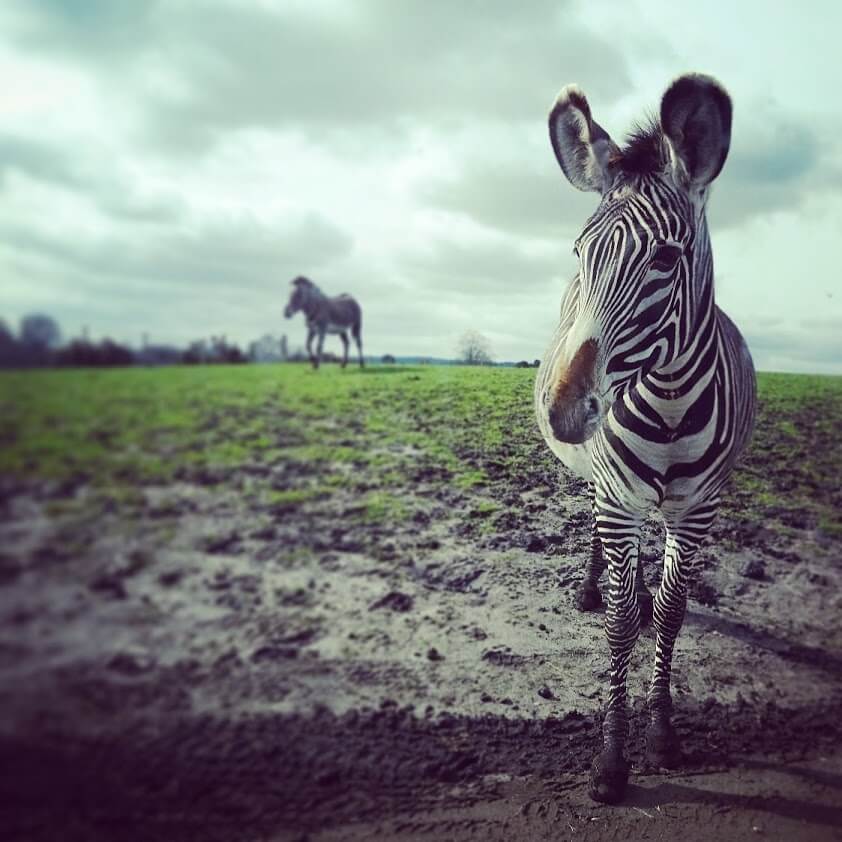
This week I would urge you to go and listen to this edition of the Mongabay podcast. It is an interview with Damien Aspinall. He owns two zoos but advocates strongly for conservation. He firmly believes that zoos should be putting themselves out of business if they are truly fulfilling their purpose in conservation.
For me, this podcast was a watershed moment in terms of my shifting mindset toward zoos.
Most of these animals have lived in captivity all their lives and couldn’t be released to the wild. If the zoo couldn’t survive and no other zoo could take the animals on, I would imagine they would have to be euthanised. That’s not the happy outcome we strive for.
Instead I think we have to accept zoos as fixtures that are here to stay, but perhaps we need to be more critical about which ones we visit and as customers, let our feelings be known where we think improvements could be made.
Research the zoo before you go. What species are housed there? Are they endangered? What is the benefit to them being in captivity?
Look the zoo up on Instagram or better yet, on Trip Advisor and look at the photos taken by visitors. Are the animals house in large enclosures, that mimic their natural environment and provide mental stimulation? Reviews might even reveal how well they are cared for.
On a government level, I would like to see more regulation of the amount that zoos must give to conservation of wild animals.
Keep your eyes and mind open. Keep questioning, do the ends justify the means?
If you’ve stuck with me to the end, well done and thank you. This has been a bit of a long one but there is so much to be discussed!



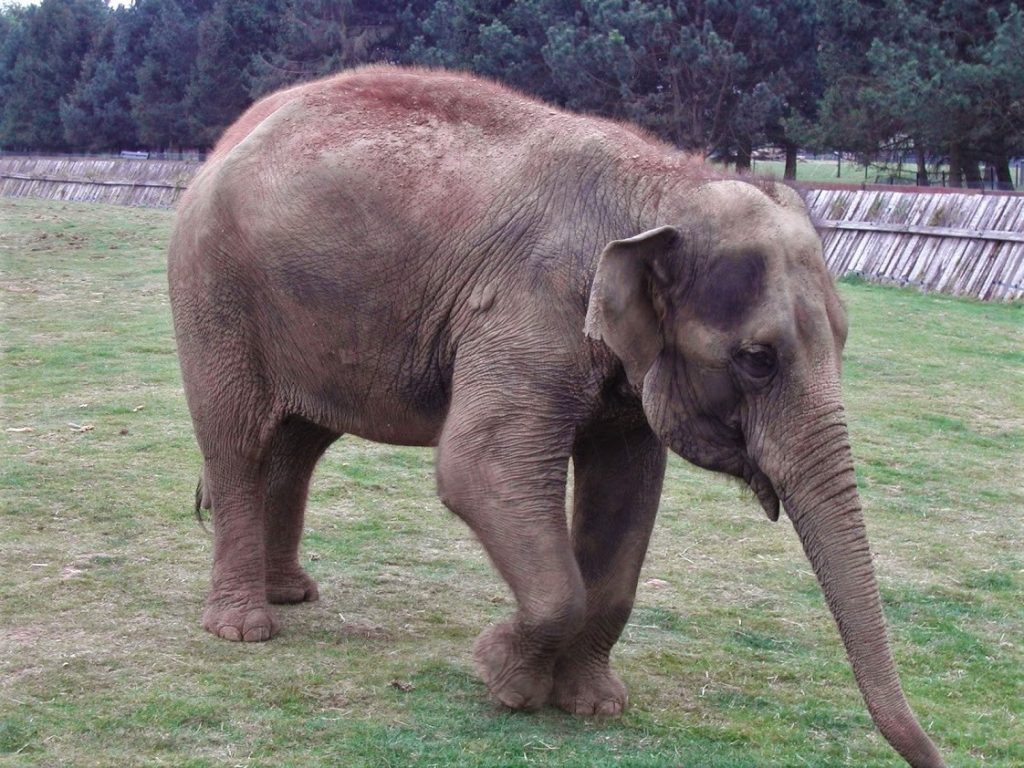
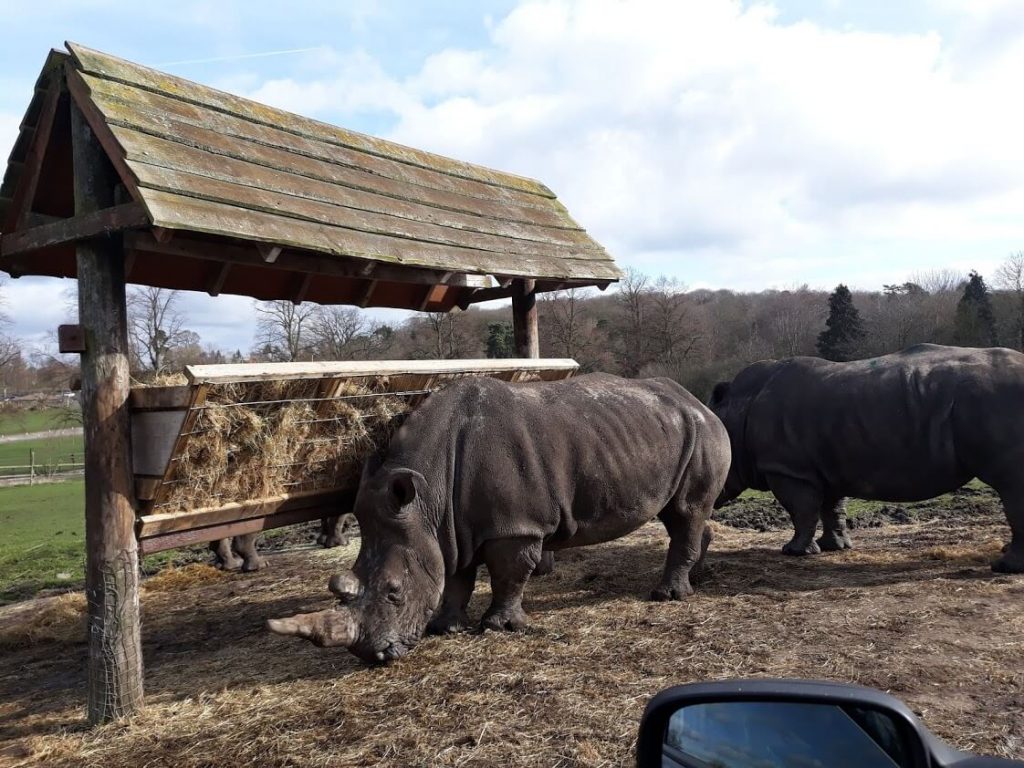

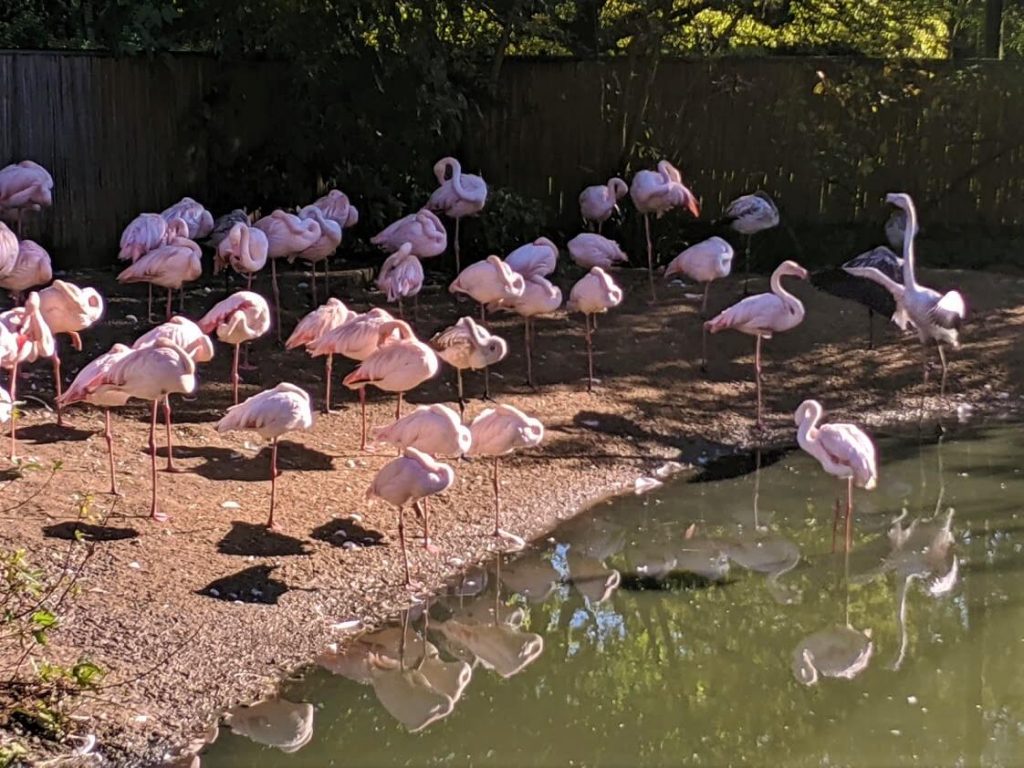
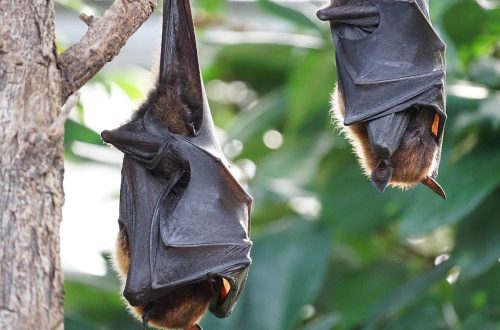
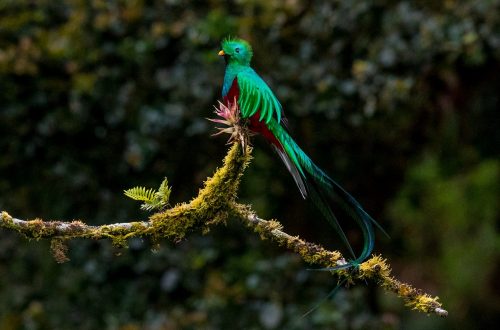
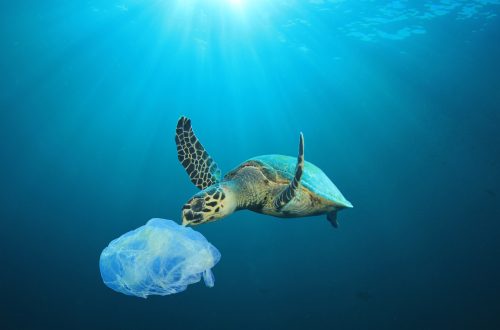
5 Comments
Pingback:
Pingback:
Pingback:
Pingback:
Pingback: